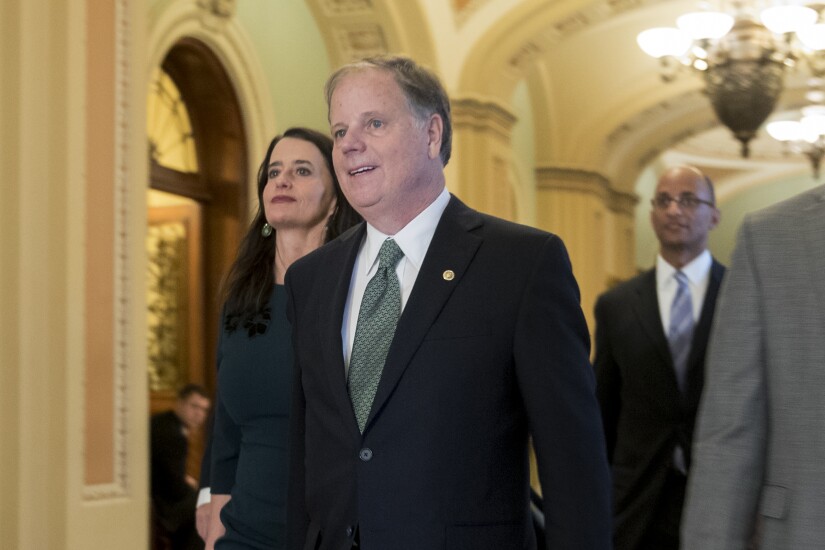WASHINGTON — The first two rounds of debates with the roughly 20 Democrats running for president contained hardly a mention of financial services policy. Issues like health care and immigration demanded most of the focus.
But if moderators at the next debate in Texas next month wanted to throw banking issues into the mix, they would have no shortage of possible questions to ask.
The fate of Fannie Mae and Freddie Mac could be determined in the next presidential term. Recent data breaches have put hundreds of millions of consumers’ personal financial data at risk. The future of payments with the emergence of digital currencies and development of real-time payments systems is at an inflection point. Those are just a few possibilities.
Here are six potential debate questions on financial policy.











